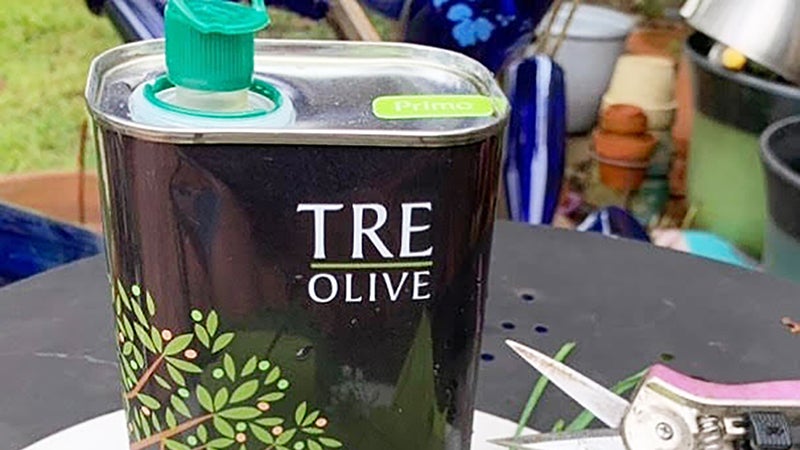OUT IN THE YARD — Gardening terms: An overview
Published 2:13 pm Thursday, May 9, 2019
A couple of years ago, I was giving a presentation to interns and was using terms that were not familiar to these newbies. I learned a lesson after repeated questions. After working in the garden and reading countless articles, you start to take for granted common terms used in gardening. I will explain a few below:
Heirloom Plants
There are many varieties of plants and vegetables. The natural way of propagation is through pollination and seed production to ensure the plant survives into the next life cycle. Heirloom varieties are plants that are open pollinated, meaning self-pollinated or pollinated by insects, and have been around for more than 50 years.
There is usually a story of their origin. The offspring of heirloom plants inherit all the same traits of the parent plant and are called “true to their seed.” There are many heirloom vegetables including squash, cucumbers, beans and tomatoes. Probably, the best- known heirlooms are tomatoes such as Black Krim, which came from Krim Russia where foreign soldiers liked them and brought home their seeds.
Brandywine seeds were found in seed catalogs from the mid-1800s. Many others have stories of seeds being passed down for generations. Heirloom usually have something to make them unique such as size, shape, or a particular flavor. They can sometimes have undesirable traits such as cracking or crevices.
Hybrids
Hybrids are plants that are a crossbreed between two varieties. They have been crossed either by nature or manually.
This is usually done to bring out qualities from both parents to create a better vegetable that is disease-resistant, of uniform size, smooth skin, etc. You can keep seeds from hybrids but it is very random on which traits will be passed along. Normally hybrid seeds are not saved.
GMOs
Genetically Modified Organisms are plants that humans modified in a way that cross pollination could not naturally accomplish. This is done by manipulating the DNA so that is it still the same plant with drastically altered traits. Most publicized GMOs are soybean and corn, which were altered to resist a specific herbicide. There are other common ones in use such as sugar beets, many types of cotton, squash and zucchini altered to have higher yields.
Soil amendments
Terms for soil amendments can also cause confusion. Mulch is an organic matter laid on top of the soil. It is usually wood chips, grass clippings or hay. Mulch is never mixed in the soil since it has not decayed. It would pull nitrogen from the soil to aid in decomposition. Mulch is used for weed control, moisture retention and slow release of nutrients.
Soil amendments that are added to soil include lime, peat, manure, vermiculite, perlite, humus and fertilizers. These alter the soil in some way such as pH, friability, drainage, etc. Compost is organic matter that has had time to decompose and will add nutrients in forms that plant roots can absorb.
There are so many more terms such as deadheading, chill hours, annual, biennial, organic, natural, etc. Maybe in a future article I can cover these.
If you have any questions about gardening in general, you can reach Jefferson County Master Gardener Tim Schreck at timothyrschreck@gmail.com or call Texas A&M AgriLife Extension at 409-835-8461.





